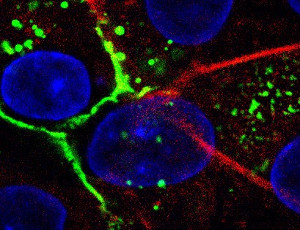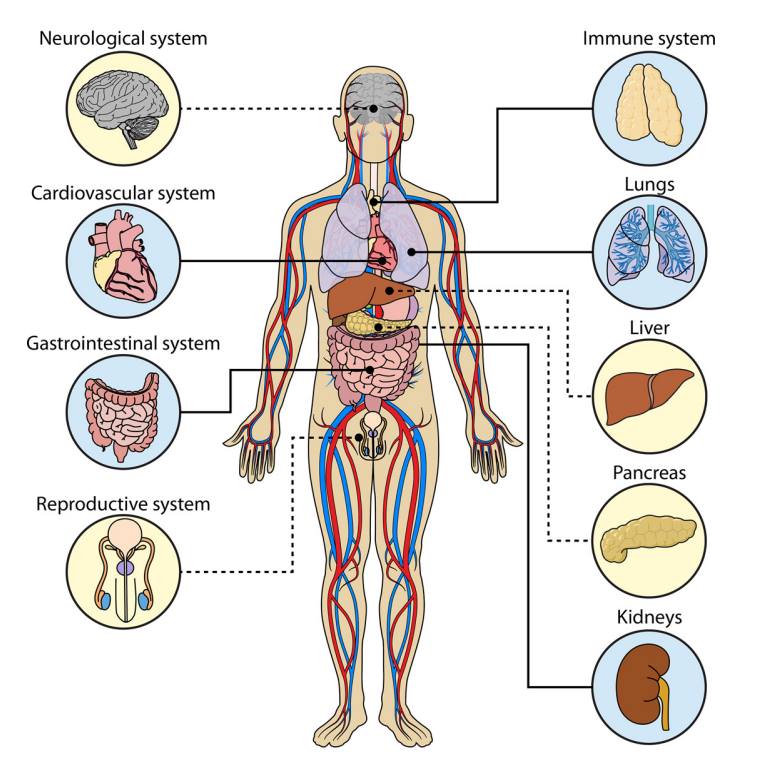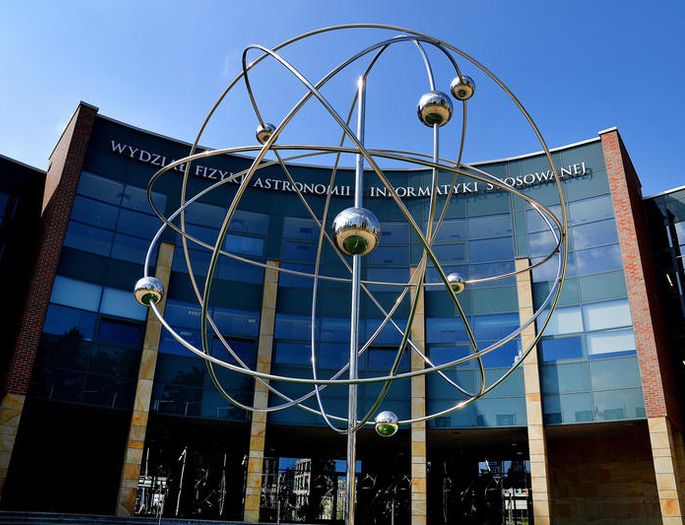
Although it is commonly thought that SARS-CoV-2 replicates in the lungs, infected patients often complain about symptoms affecting the digestive tract, heart, cardio-vascular system, kidneys, nervous system or pancreas. This raises an important question: is COVID-19 a systemic disease, or simply a respiratory one? Virologists from the JU Małopolska Centre of Biotechnology – Aleksandra Synowiec, Artur Szczepański, Emilia Barreto-Duran, Laurensius Kevin Lie and Prof. Krzysztof Pyrć – are working on answering it.
In their latest paper published in Clinical Microbiology Reviews, researchers from the Małopolska Centre of Biotechnology present and discuss the most recent discoveries concerning the molecular biology of SARS-CoV-2 as well as summarise and analyse the existing data related to the virus’ replication cycle in various tissues, both in patients and in ex vivo tissue models.

The replication of a virus inside a host cell is a very complex and complicated process during which the pathogen makes use of both its own proteins and the infected cells. The authors of the publication have prepared a detailed analysis of their own observations in conjunction with data available in scientific literature in order to ascertain which organs can be exploited by SARS-SoC-2.
The first factor that determines whether a specific type of tissue or cell may be vulnerable to infection is the presence of ACE2 protein (Angiotensin converting enzyme 2), which plays the role of an entry receptor and becomes the ‘Trojan horse’ that introduces the infectious particle into the cytoplasm. Though the lungs are seen as the most affected by the coronavirus, on 2% of cells present in them have the ACE2 protein on their surface. This same protein as much more prevalent in other organs, such as the small intestine, thyroid, pancreas, testicles, heart, ovaries and kidneys. Therefore, there exists a possibility that SARS-CoV-infection is not limited to the respiratory system.
Data collected from severely ill patients as well as the deceased, complemented by ex vivo models and organoids seem to confirm this observation. It can also explain why people infected with COVID-19 frequently die from multiple organ failure, and why some patients are suffering from ‘long COVID’, i.e. a variant of the disease characterised by a number of symptoms, including neurological ones.
The article Severe Acute Respiratory Syndrome Coronavirus 2 (SARS-CoV-2): a Systemic Infection is available here.





